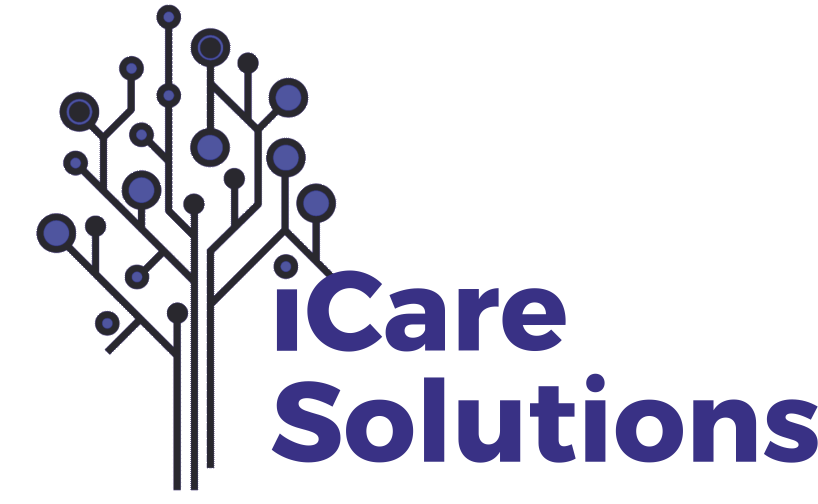Complex care, also known as long-term care or continuing care, is given to patients with significant, continuing healthcare issues such as chronic illness and disabilities that can arise after receiving hospital treatment. These health care issues could include brain damage, spinal cord injuries, multiple sclerosis, muscular dystrophy, ventilators, Gastrostomy feed needs such as PEG, Epilepsy, and learning disabilities.
Can carers provide complex care?
Carers can provide complex care to patients but, as mentioned above, they need to be proficient in specialist care techniques. These could include enteral/PEG feeding, stoma care, gastrostomy feeding, nasopharyngeal suctioning, oral suctioning, bowel management, oxygen therapy and tracheostomy care.
For the patient and their family, it can be challenging to find carers with the experience needed for individual complex care needs. This is why training centres, like Caring for Care, are so important. We provide the training that is necessary in order for carers to deliver high-quality care for individuals with complex care requirements.
The needs of individuals dictate the type of complex care a carer needs to provide and therefore the type of training they need to undertake. This is important for two reasons. Firstly, the carer needs to be proficient in the complex care they are providing, to avoid any incidences, which could lead to the inadvertent harm of the patient. Secondly, by acquiring the knowledge to treat a complex care patient, the carer knows how to help the patient lead independent, active, and fulfilled lives.
Communication in complex care
It is essential for good communication and coordination between the patient and the primary carer as well as between the carer and specialists. This is particularly important during critical moments such as before procedures, new treatments and trips to the emergency room. Vital information can be learnt from families too.
As an additional note, there is often not enough communication between researchers and carers. Carers should try to relay important information to researchers about management of both illness and patient care, helping them to develop ways to improve the independence of the patients’ life.
Tips for carers in complex care
Use a care plan – This is a summary of a patient’s history, medication, doctors names and other vital information that can be used by a carer who is taking the patient’s case for the first time in order to learn as much about them as possible. This gives credibility to your service as a carer.
Medication and symptom record keeping – This is a must and records should be kept over long periods. The importance of this is to help to communicate this information to doctors and other members of the care team.
Multidisciplinary meetings – These are a great way to get specialists together to talk about the patient. They don’t have to occur regularly, perhaps only annually, but it gets them asking questions to each other and makes a huge difference.
Second opinions – It’s always best to get second opinions from doctors and other carers. If a patient’s family asks for a second opinion don’t be offended, they are only trying to do what is best for their loved one.
Type of complex care
To understand the importance of proper training for complex care, here are some examples of types of complex care, what they are and possible problems that might arise.
PEG (Percutaneous Endoscopic Gastrostomy)
Percutaneous Endoscopic Gastrostomy, or PEG for short, is a type of complex care provided to individuals who require enteral nutrition due to the inability to maintain adequate nutrition via oral intake. This can occur for several reasons, in particular, acute ischaemia, chronic progressive neuromuscular diseases, dementia, cystic fibrosis, peritoneal dialysis and oropharyngeal and oesophageal malignancy. In children, common reasons include neurological disorders, craniofacial abnormalities, oncological problems related to malnutrition, and chronic kidney disease along with other clinical conditions that cause wasting or malnutrition.
As with all types of care, there are contra-indications to PEG such as active coagulopathies, thrombocytopenia, haemodynamic compromise or sepsis. Undergoing PEG training will cover these and allow the carer to carry out complex care in this area.
Stoma Care
A stoma is an opening to which ostomy bags are attached and stoma care is provided to individuals who require them. Examples of ostomies include colostomy, ileostomy, urostomy and gastrostomy. Reasons why patients might need these bags include various disorders such as inflammatory bowel disease,invasive neoplasia of the bladder or prostate, and diverticular disease.
Stomas come with many associated problems and manifest as both psychological and physiological issues. Anxiety and depression are common with stoma patients and can be brought on by a decrease in the quality of life, body image and distress due to ‘phantom rectum’. Dehydration, skin problems, changes in faeces and bleeding can be problematic too and in fact, there are many factors to consider during stoma care training.
Tracheostomy care
When understanding tracheostomy care, the first thing you should consider are the two main types. These are acute tracheostomies and chronic tracheostomies. The first type is applied in an emergency whereas a chronic tracheostomy is for longer-term patients.
Complication can arise at any point during the process including immediately after and in the early and late stages. When you undertake training you will learn about haemorrhages, hypoxia, oesophagus damage, pneumothorax, tube obstruction, pooling of secretions, LRTI, bleeding, infection, airway obstruction, tracheal stenosis and tracheomalacia along with some other complications. Stoma care is also important with tracheostomy patients, as is tracheostomy tube care, communication, humidification, swallowing and nutrition, and suctioning.

